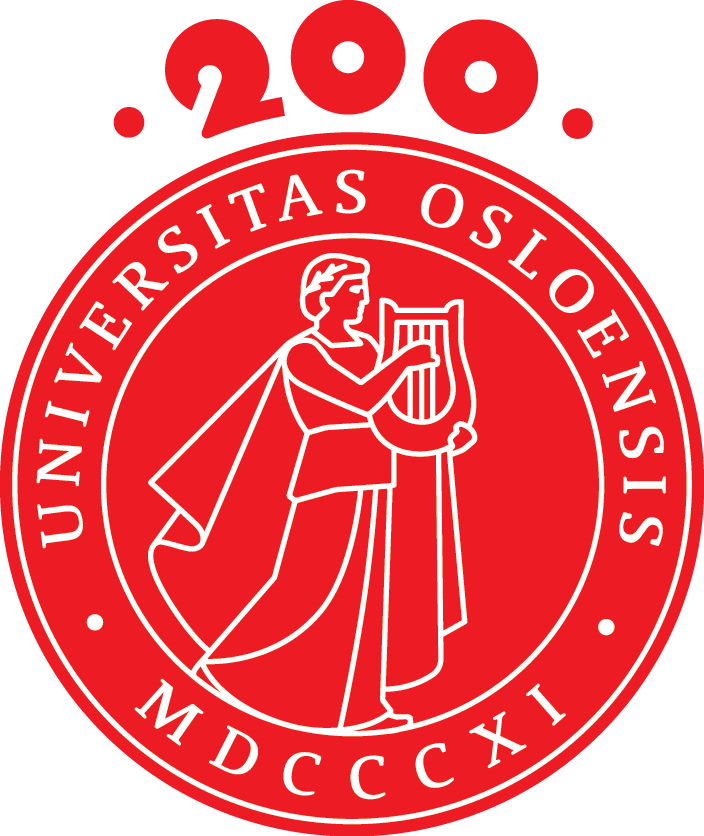This question will be discussed by scholars from across Europe and beyond when the RECON project presents highlights from five years of research at a public seminar in Oslo.
Norwegian Minister of Foreign Affairs Jonas Gahr Støre will give the opening speech to the seminar.
RECON's 120 affiliated scholars have discussed the conditions for democracy in the EU through a series of studies across a large number of policy fields and institutional realms. This seminar will gather scholars and students, policy makers, professionals, organisations, media, civil society and the general public to exchange knowledge and engage in discussions.
RECON: 5 years of research
Since 2007, a large group of scholars from across all of Europe and beyond; ranging from political scientists, sociologists, economists, legal scholars, philosophers, to social anthropologists, have critically examined the important question of how to reconstitute democracy in Europe.
The project was fashioned in the wake of the Laeken (2001-5) Constitutional Treaty process and the ensuing debates on the EU’s legitimacy, which were given added impetus from the negative ratification referenda in France and the Netherlands.
The basic questions RECON asked were: what democracy for Europe? Can there be democracy without the state, and can there be a constitution without a people, or nation? Is there a need for a new democratic theory, or is there only need for democratic reforms in order to make the EU democratic?
To that end RECON established three ideal typical models of European democracy, pointing to intergovernmental, supranational and transnational governing structures. In what direction do developments within the multilevel EU point? The complexity of the European project gives rise to different and divergent developmental paths within the various institutional orders and policy areas.
What do developments within the EU’s institutional and constitutional realms tell us about the prospects for democracy; what form of civil society is emerging and how does it contribute to a common identity and a European public sphere; what do developments within policy areas such as foreign and security policy and gender policy tell us about the nature of the EU; and how does the EU compare with other cosmopolitan developments? What does the uniqueness of the European political project consist in?

